Over the past several years, U.S. cities and states have passed hundreds of policies restricting the sale and distribution of single-use plastic bags. A new report says these laws have largely succeeded in their goal of reducing plastic bag use.
Author: Plastics-Free Initiative
Do plastic bag bans work? New study finds they save 6 billion bags a year in some US states
Single-use plastic bag bans have successfully reduced plastic bag use and associated litter and pollution, a new study has found. Bans in five US states and cities with a combined population of around 12 million people have cut single-use plastic bag consumption by about 6 billion bags per year, according to the research.
‘Pointless’ pet product found on store shelves sparks outrage among customers: ‘How hard is it …’
Think single-use water bottles are wasteful? Brace yourself — they even exist for dogs. A Reddit user shared a short video of the product, showing water — yes, just water — packaged in disposable plastic bowls. The bowl, for sale at Target, features a label that reads: “[Ready to drink] bowled water for pets. Simply peel off the lid and serve your pet clean water anytime, anywhere.”
Bottled water contains thousands of nanoplastics, new study shows. How can you avoid them?
Scientists from Columbia University are raising alarm bells about the amount of small flecks of plastic — known as nanoplastics — in bottled drinking water. Their research, which was published on Jan. 8 in the journal Proceedings of the National Academy of Sciences, found that three popular plastic water bottle brands (which went unnamed in the research) had 10 to 100 times greater amounts of nanoplastics than previously estimated.
People Are Ditching Their Plastic Cutting Boards Because of a (Disturbing) Study
Plastic is everywhere. From the food we eat to the air we breathe, tiny particles of plastic — also known as “microplastics” — can be found in almost anything. Not only does plastic cause real havoc on our oceans and take centuries to decay, causing even more of an environmental crisis, but toxicologists have questioned whether consuming microplastics can negatively impact health. Especially if there are pieces of plastic you’re using on a regular basis, like say your handy-dandy plastic cutting board.
Scientists sound alarm over factor potentially exacerbating the ‘fastest-growing neurological disorder in the world’
Nanoplastics have been found in our blood. Now, researchers at Duke University have evidence that these tiny but ubiquitous bits of pollution may potentially be impacting our brains. The study is among some of the latest findings about how small particles — including air pollution and plastic — are linked to troubling health problems.
Dad shows unbelievable before-and-after photos of the restored toolbox he made for his son’s birthday: ‘I’m gonna cry’
Giving gifts is a tradition in many countries around the world. Unfortunately, it has become linked to consumerism, resulting in a lot of unnecessary gifts that eventually wind up in the trash. But it doesn’t have to be that way.
Scientists stunned by disturbing discoveries during autopsies of dead camels: ‘The most surreal thing in the world’
Plastic pollution is an enormous global problem, and a lot of focus has been rightly placed on the devastating effects that plastic is having on our oceans and marine life. But plastic pollution on land is a big problem, too, as experts have recently been reminded when they started discovering giant blobs of the stuff inside the stomachs of dead camels.
Q&A: Our addiction to plastic has to end, No More Plastic founder and president says
At this year’s Lisbon Web Summit, Euroviews spoke to No More Plastic founder and president Rosalie Mann about the reasons why we are oblivious to the dangers plastic poses to our health and our environment, as well as the ways in which we could change our approach to reduce the hazard we face almost unknowingly.
Safari officials issue warning after disturbing find during autopsy of dead wildebeest: ‘[It’s] truly disgusting’
Interacting closely with human tourists does not always work out well for the animals. According to the park’s Facebook page, one of their wildebeest recently died, and the autopsy revealed that it had five plastic bags in its stomach.
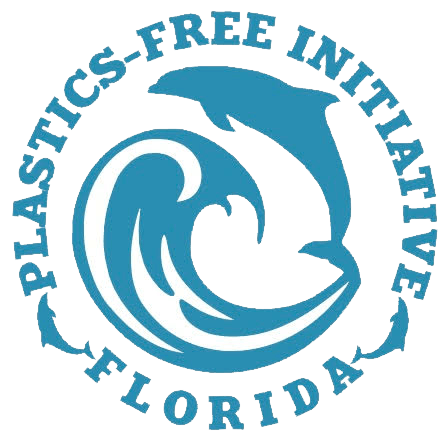
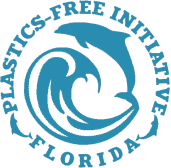

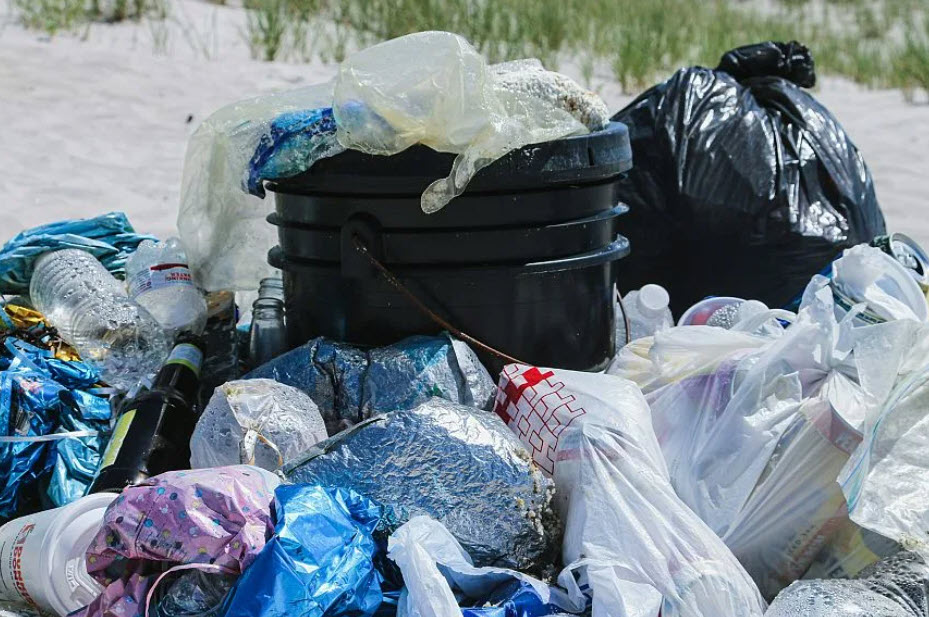
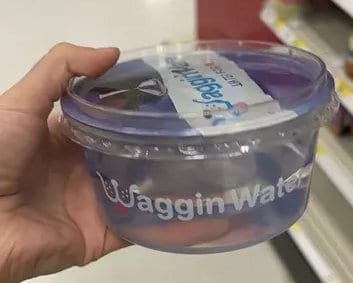
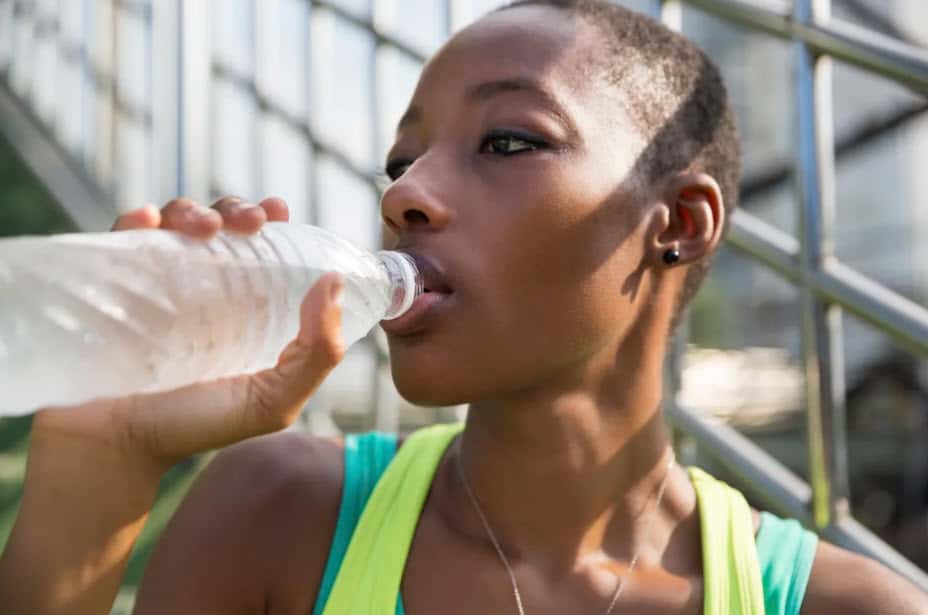

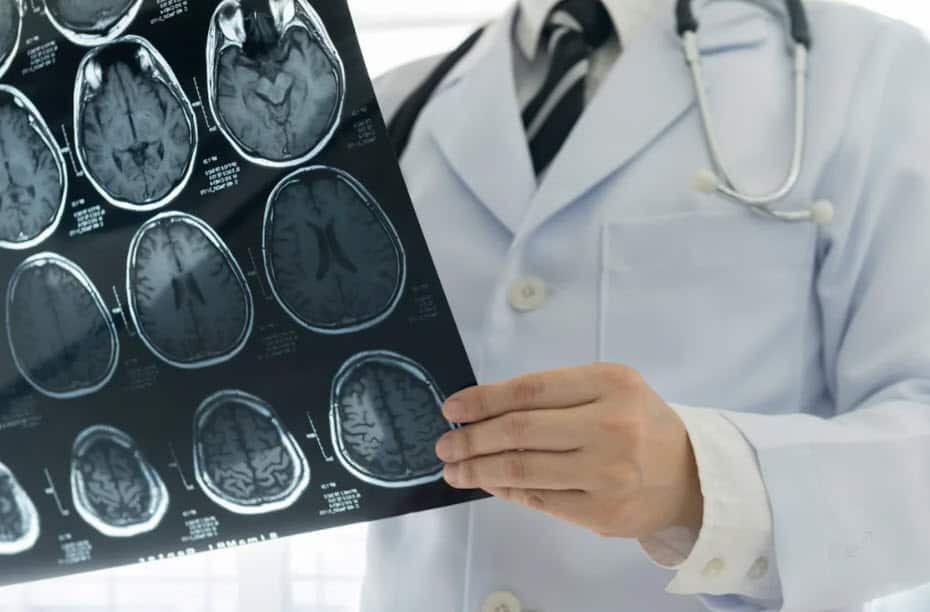
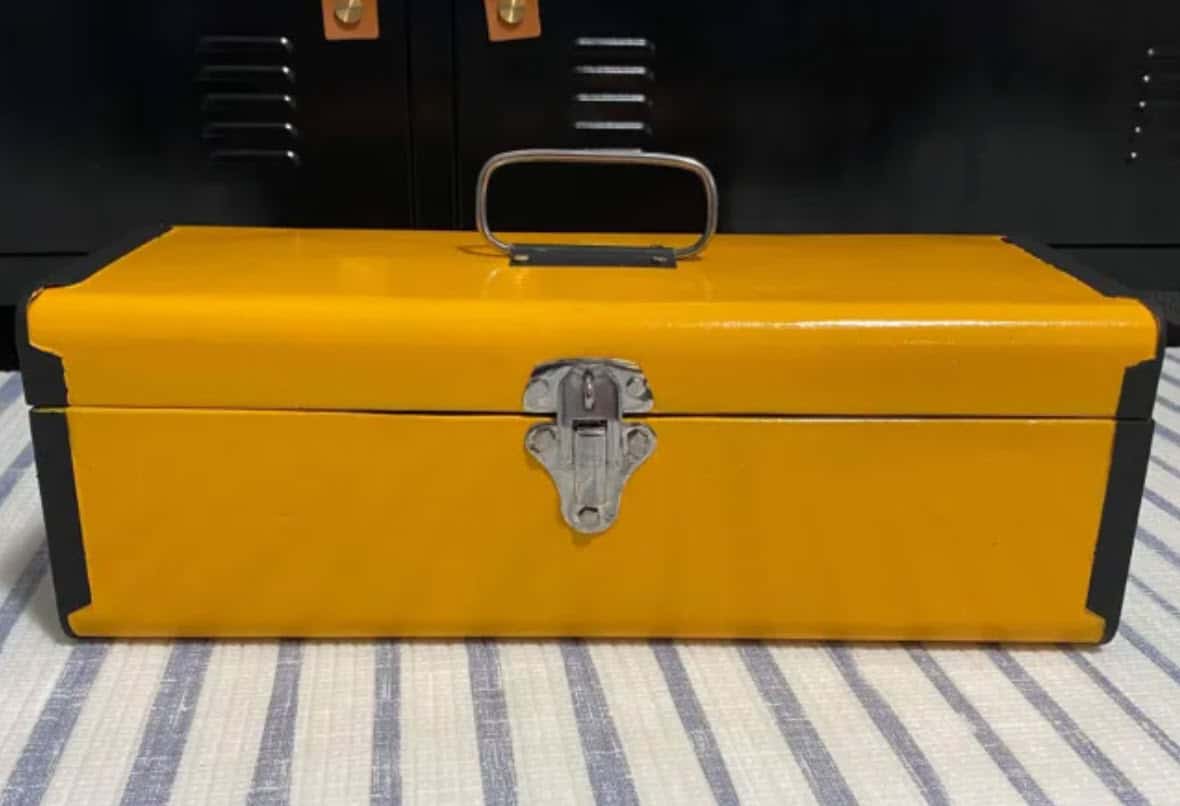
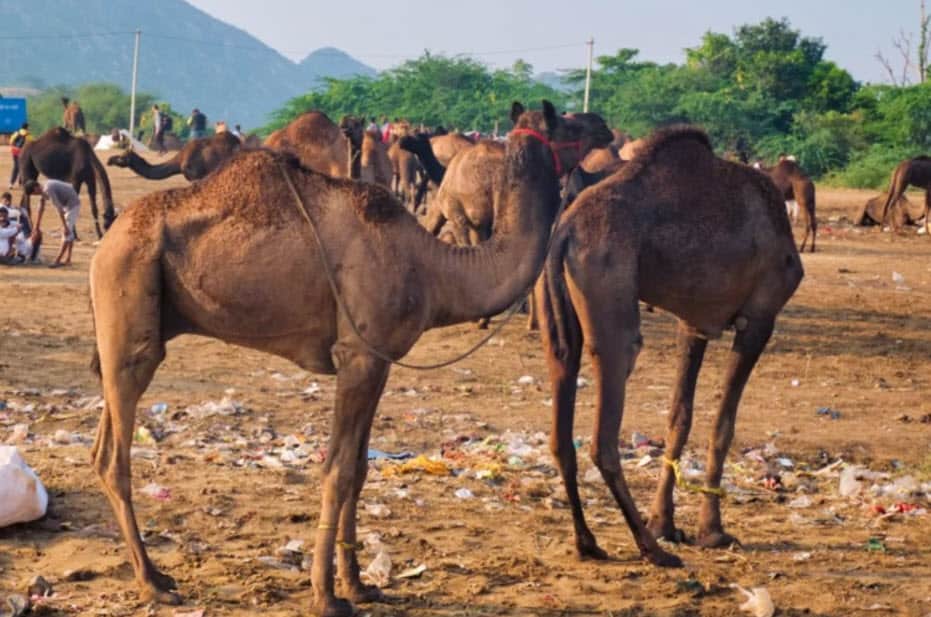

![Safari officials issue warning after disturbing find during autopsy of dead wildebeest: ‘[It’s] truly disgusting’ Safari officials issue warning after disturbing find during autopsy of dead wildebeest: ‘[It’s] truly disgusting’](https://plasticsfreeinitiative.org/wp-content/uploads/2023/11/wildebeast.jpg)